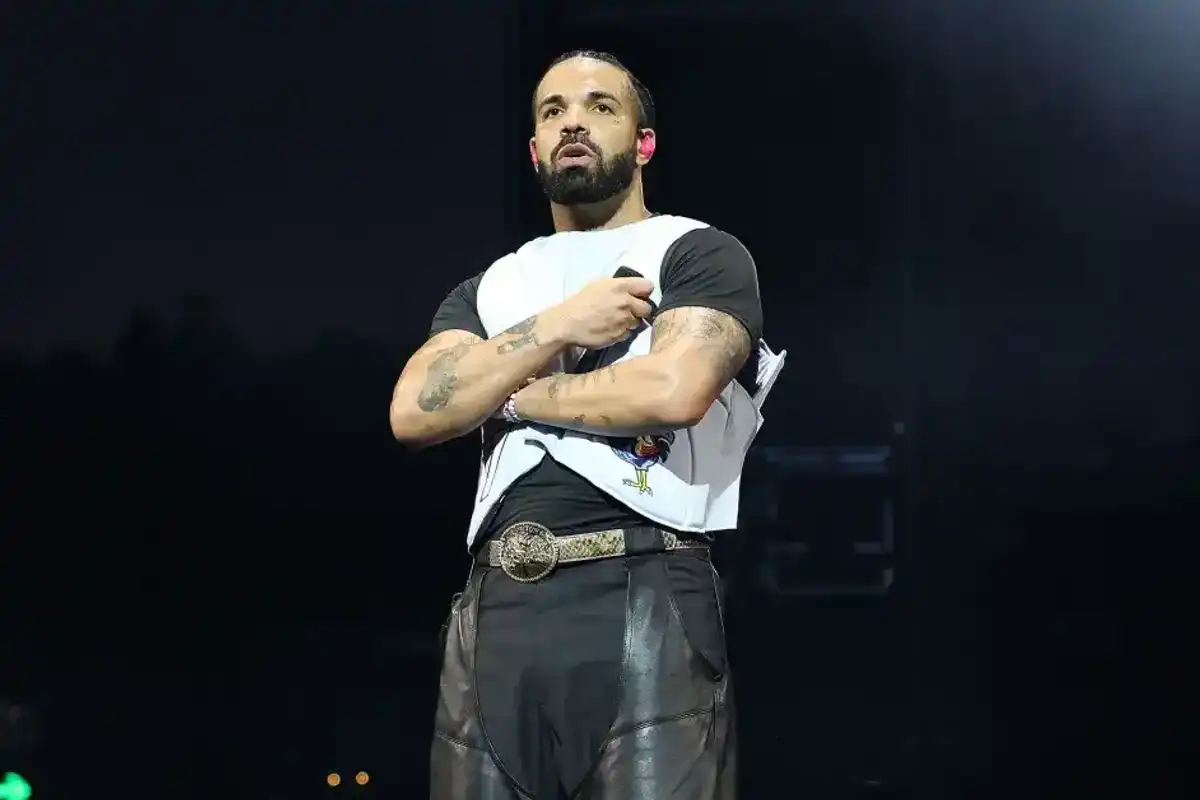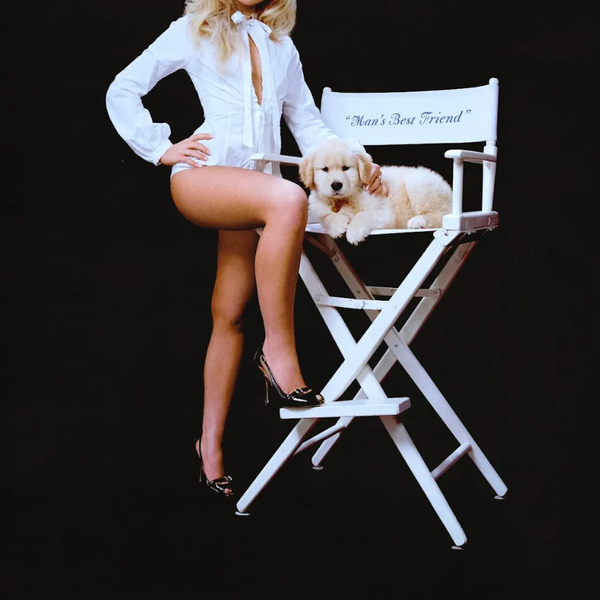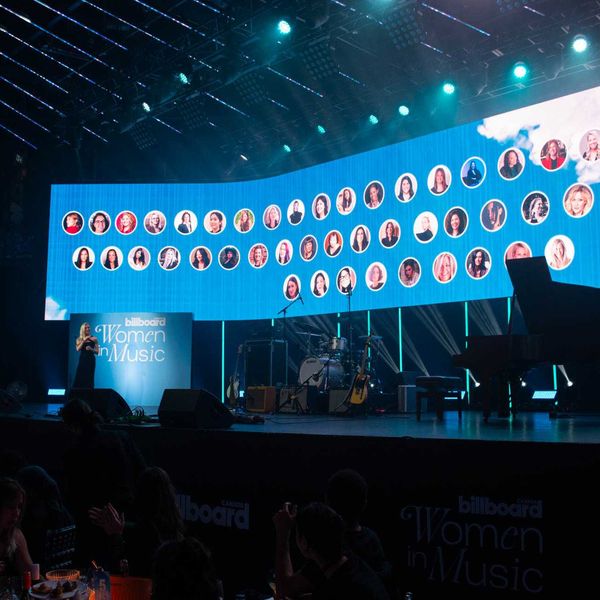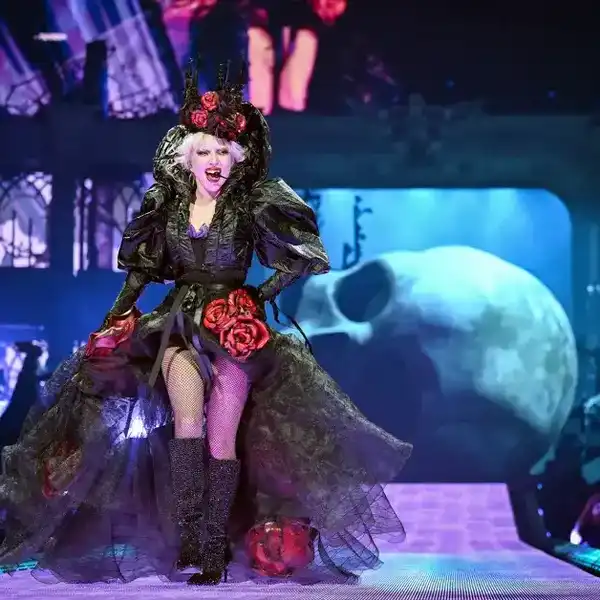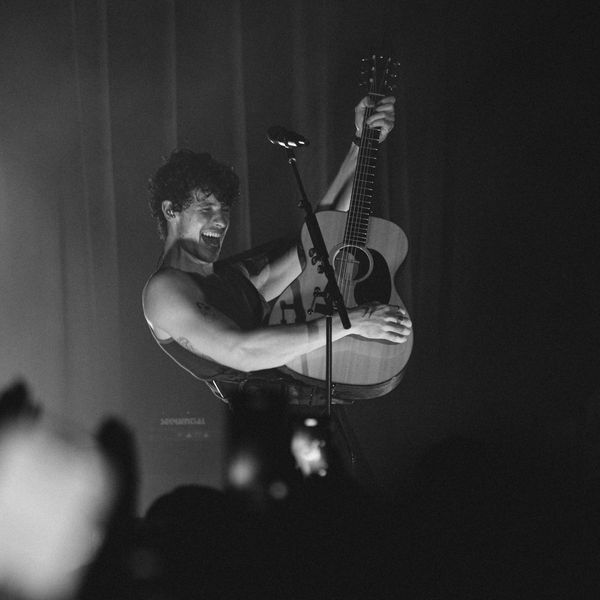Live Music Industry Seeks Guidance During Pandemic Shit Show
The Covid-19 pandemic is taking a big bite out of the entertainment business, but amidst the complications are some rays of hope.
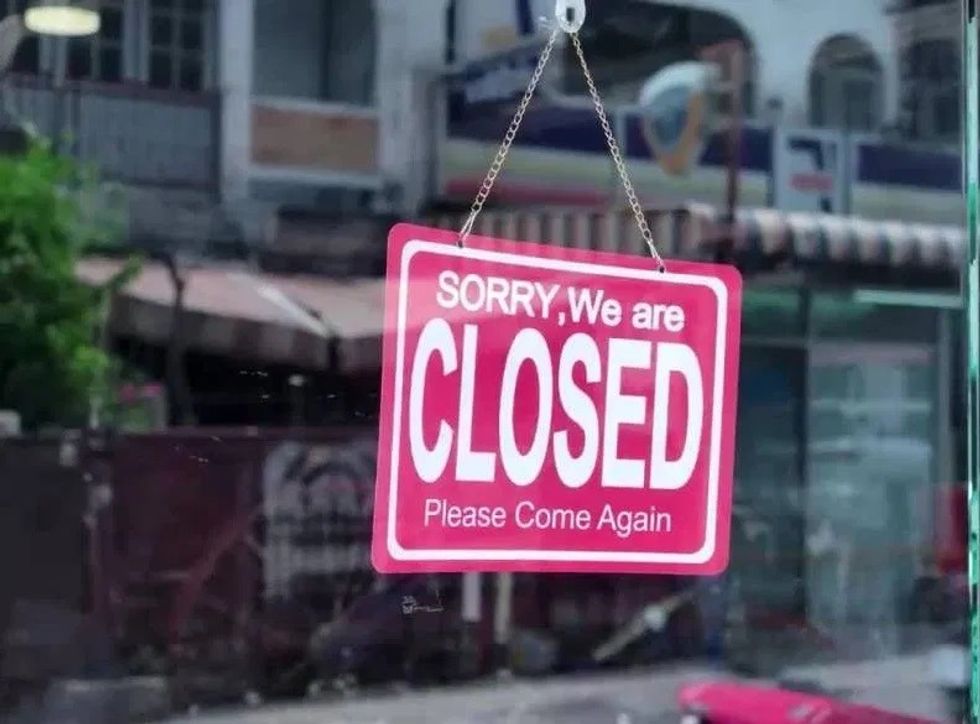
By Nick Krewen
Has the concert business changed forever?
Due to a continuously fluid timeline that provides no indication as to when we all may safely congregate again, promoters, agents and club owners are left holding their collective breath trying to figure out what to do next after the March 17 government edict forced a suspension of business.
June 30 is the earliest that the city of Toronto may lift its moratorium on gatherings of more than five people and, in real terms, every day lost is costing businesses, employees and employers large and small.
In fact, Pollstar states that due to the pandemic, the live music industry could lose US$9B in ticket sales.
"It's a mess," says veteran Toronto concert promoter Rob Bennett, who has been attempting to reschedule three Lyle Lovett/John Hiatt concert dates. Bennett reports that Lovett allots different times of the year to performance projects and rescheduling is throwing a wrench into those plans.
“It isn’t cancelled but getting Lovett and Hiatt to agree on a schedule when they had already moved onto other stuff for the fall has been a nightmare," Bennett explains. "I thought we were all settled for a date at the end of September…then for November…then early December. And then last night it was, 'Well, Lyle may have to do this and pick up somebody else.'"
While Bennett is still battling to make the dates pairing Lovett with Hiatt happen, he notes that the logistics to squeeze anybody's rebooked concert in before the end of the year may be problematic, especially since everything between April and June is being rescheduled.
“If they move it to the fall, there are only going to be so many dates that the primary tenants – basketball and hockey teams - won't claim for themselves. The arenas have an understanding that they can’t give away the dates to any other event until it is agreed to by the leagues."
That’s assuming, of course, that professional sports start up again on time and on schedule, God and Covid-19 willing.
Throw in the wariness of people refusing to congregate in larger crowds until they're assured there's a Coronavirus antidote or at least a preventative measure in place, and the stature of international borders at the time - and it makes crystal-balling tougher than a three-dollar steak.
There's also the possibility that if artists cross the Canadian border they could be quarantined for two weeks once they leave.
"That might take two weeks out of the tour," Bennett suggests. "So, international acts may be willing to lose Canadian dates in favour of a lucrative U.S. tour."
Then there's the money itself - the lack of which is crippling performers already receiving less income due to paltry music sales.
"For a lot of these artists, they don’t sell records anymore," says Bennett. "To lose tours, financially – they’re making a lot of money when they work, but they have no cash flow right now.”
The road, sound and light crews are having even tougher time since they primarily make their money from touring and have no fallback.
“This is a tough time to be in the service industry, whether it’s in a restaurant, a theatre or whatever,” Bennett acknowledges.
As for Bennett, he says he is dipping into savings to survive because his money is tied up in concerts that hopefully will see the light of day...sooner than later.
“When my shows go on sale, all the money is held in trust,'" he explains. "I don’t see a dime until the show’s over. So, I have to live on accumulated revenue to date or on a line of credit or whatever."
He says his situation is different from an organization like Live Nation, especially since they own Ticketmaster.
"Live Nation gets Ticketmaster money so they have access to revenue all the time, which is an advantage over everyone else in the entire entertainment business."
Agents are faring no better than the indie promoters.
“There’s rebooking going on based on numerous timelines," says one industry insider, who didn't want to be identified. "It’s a work in progress because no one knows – it’s a rolling fluid timeline and you’re constantly rebooking based on the passage of time. It’s a lot of work constantly rebooking shows but it’s the only way to do it.
'The agents are having a challenge because they have no income coming in. Paradigm has laid off people and William Morris Agency in the US has implemented some austerity programming and pay cuts. Same thing with UTA. Agencies are in a much more difficult position because they rely on the cash flow of shows."
Lisa Zbitnew, co-owner of Toronto's The Phoenix Concert Theatre and Ottawa's new 1000-capacity venue Bronson Centre Music Theatre, says that for clubs, “alarmingly high” rents - and in some cases property taxes - are major causes for concern.
She hopes that the governments will unite to offer club owners and property owners “a carrot” aside from the top-up salary subsidy currently being provided.
"While it’s great that this subsidy of 75% of salary has been introduced and we’re certainly looking to take advantage of that, but as someone said, to me the other day, if you don’t have a place to employ those people, it doesn’t necessarily help a whole lot,” Zbitnew continues.
“If there’s no break there, I’m concerned that we’re going to see a number of venues have to close from three-to-six months from now."
Erin Benjamin, president and CEO of the Ottawa-based Canadian Live Music Association (CLMA), says that her organization is keeping communication lines open with its membership and the government as the situation continues to develop.
Like everyone else, she is waiting for definitive word as to when live music venues will reopen and the resumption of the concert season, expressing optimism that “the season will begin in the fall.”
Aside from the potential stigma of people refusing to gather in large crowds, and a potentially packed concert calendar, she’s also concerned about “a country with way less, if any money" due to layoffs and loss of income.
While she’s conferring with Minister Lisa MacLeod about a Destinations Ontario tourism campaign to get people back into venues once the crisis is over, she says the CLMA’s chief concern at the moment is “ making sure that relief efforts are doing as much as they can to keep these companies alive while we sort of hibernating."
Benjamin refuses to speculate how much money the live Canadian music industry will lose due to the pandemic shutdown but said the cost will be enormous.
"The problem with the live event sector is that the ripple or domino effect is just so exponential, " she explains. "So, we could talk about what the live music industry will lose, or will be lost as a result, but then to quantify, all the restaurants, hotels, airlines, Uber, parking lots, corner stores – you name it- I think the ripple effect will be immeasurable.”
There are a couple of silver linings.
Benjamin says the live online performances of stranded, self-isolated singers and songwriters have done much to lift the spirits of the nation.
“It’s beautiful," she acknowledges. "There are more people seeing live music in the history of ever right now. And I’m so glad that our artists are so resilient and creative, having been able to adapt so quickly because, forgetting about the economic side of it for a second, we need them more than ever right now. I will come out of this is a really deep recognition, value, and re-evaluation of how important our artists are not only to our culture but to our mental health."
The other light at the end of the tunnel: the CLMA has been successful in convincing the government to drop the clause in its Business Development Bank of Canada (BDC) eligibility criteria that had previously disqualified licensed establishments from applying for loans.
Thanks to the updated rules, live music venues can now apply for assistance through the $10B Business Credit Availability Program (BCAP) without fear of being disqualified through previous criteria that had decreed licensed establishments other than restaurants from applying for loans.
“We’re thrilled,” says Benjamin. “I received an excellent e-mail from the BDC thanking us for our letter and letting us know some of the changes they made based on our advocacy – and that of others.”
Benjamin also says that the CLMA is in motion to put together a webinar to “learn directly from the BDC how to not only go about applying but ask them any questions that right now seem to be continued impediments to assets. The BDC wants to work with us to make sure that it’s working.”
Benjamin expects the webinar to occur within the next two weeks and said that all CLMA members across the country will be invited to participate.
Of course, aside from the government assistance, the real key to moving forward is having the Feds declare an absolute end date to the Covid-19 threat.
Until that’s announced, things will tend to get worse before they get better and everyone will remain in limbo.
As Tom Petty once sang, “The waiting is the hardest part.”

